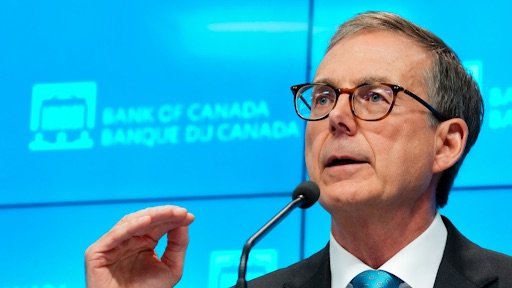OTTAWA – The Bank of Canada has reduced its key interest rate for the fifth consecutive time as the nation’s economy continues to underperform.
The central bank implemented a 50-basis-point cut after Canada’s economy grew by only 1% in the third quarter of 2024. Projections for the fourth quarter suggest even weaker growth.
“Monetary policy no longer needs to be clearly in restrictive territory,” stated Governor Tiff Macklem. He highlighted that consumer spending and housing activity had rebounded, thanks to the series of rate reductions.
The decision also comes as Canada’s unemployment rate rose to 6.8% in November. The labor market is struggling, with job seekers outpacing the number of available positions. Macklem acknowledged that youth and newcomers to Canada are facing the toughest job market challenges.
The federal government’s recent adjustment to immigration policies has slowed population growth, and private sector economists predict further increases in unemployment. BMO Chief Economist Douglas Porter expects the jobless rate to average 7% in the first quarter of 2025 before declining slightly.
Additional uncertainty stems from the incoming U.S. administration and the potential implementation of 25% tariffs on Canadian exports. Macklem noted that these developments could have significant repercussions, stating, “No one knows how this will play out – whether tariffs will be imposed, exemptions agreed upon, or retaliatory measures introduced.”
Inflation is projected to remain near the 2% target over the next two years. However, elevated wage increases and weak productivity could present upward risks to inflation. Temporary measures like the federal government’s two-month GST holiday are expected to bring inflation down to 1.5% in January, but the effect will dissipate once the GST break ends in mid-February.
Additionally, the government has announced $250 one-time payments for Canadians earning less than $150,000 annually and changes to mortgage rules. These factors, along with potential increased spending on U.S.-Canada border security, are expected to influence demand and inflation dynamics.
Finance Minister Chrystia Freeland is expected to present further details on these measures in the Fall Economic Statement on Dec. 16. The Bank of Canada will reassess its policy stance at its next rate announcement on Jan. 29, 2025.

 English
English



























































